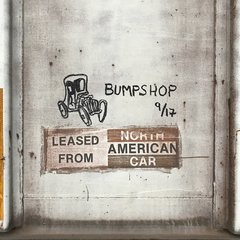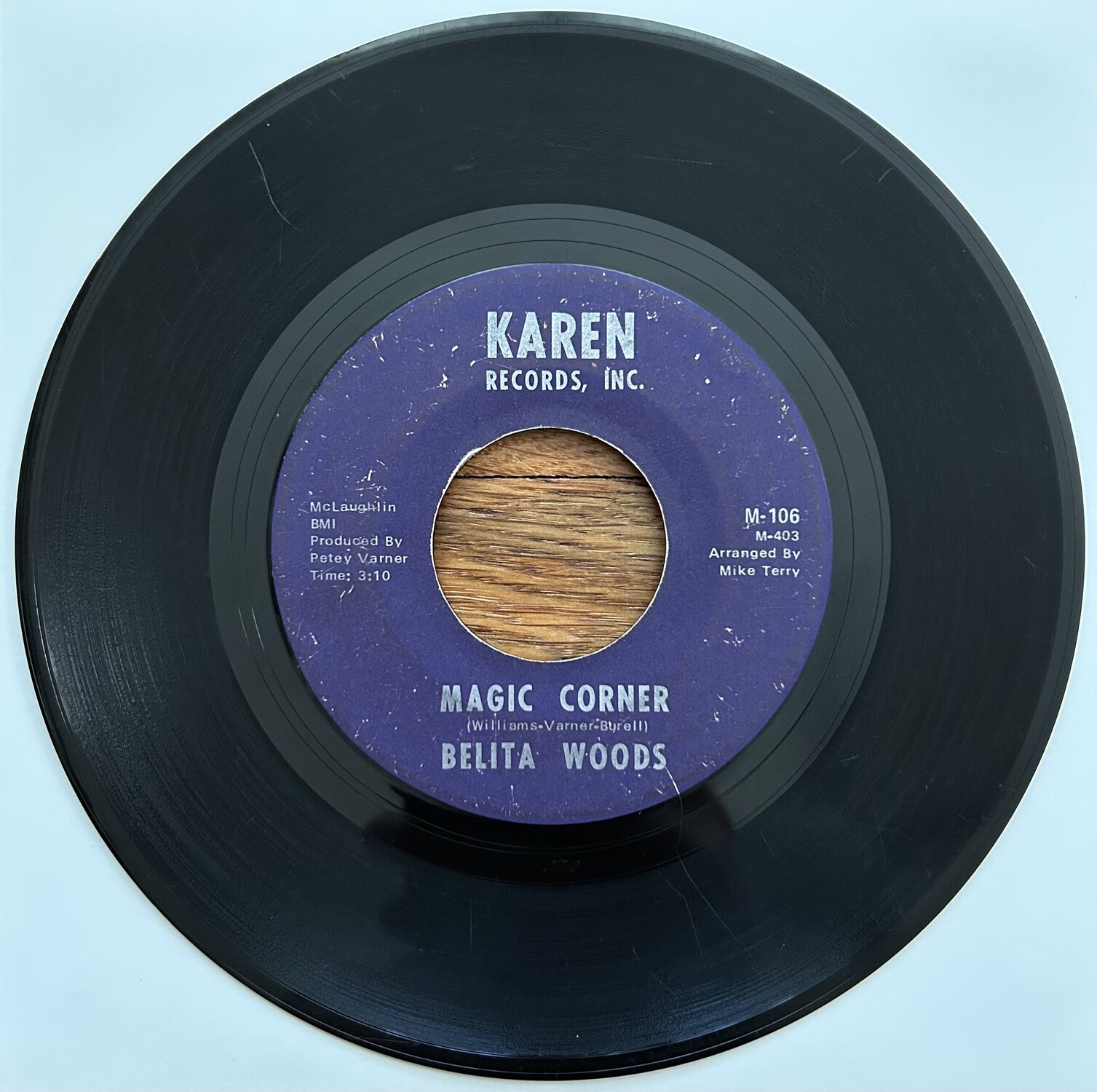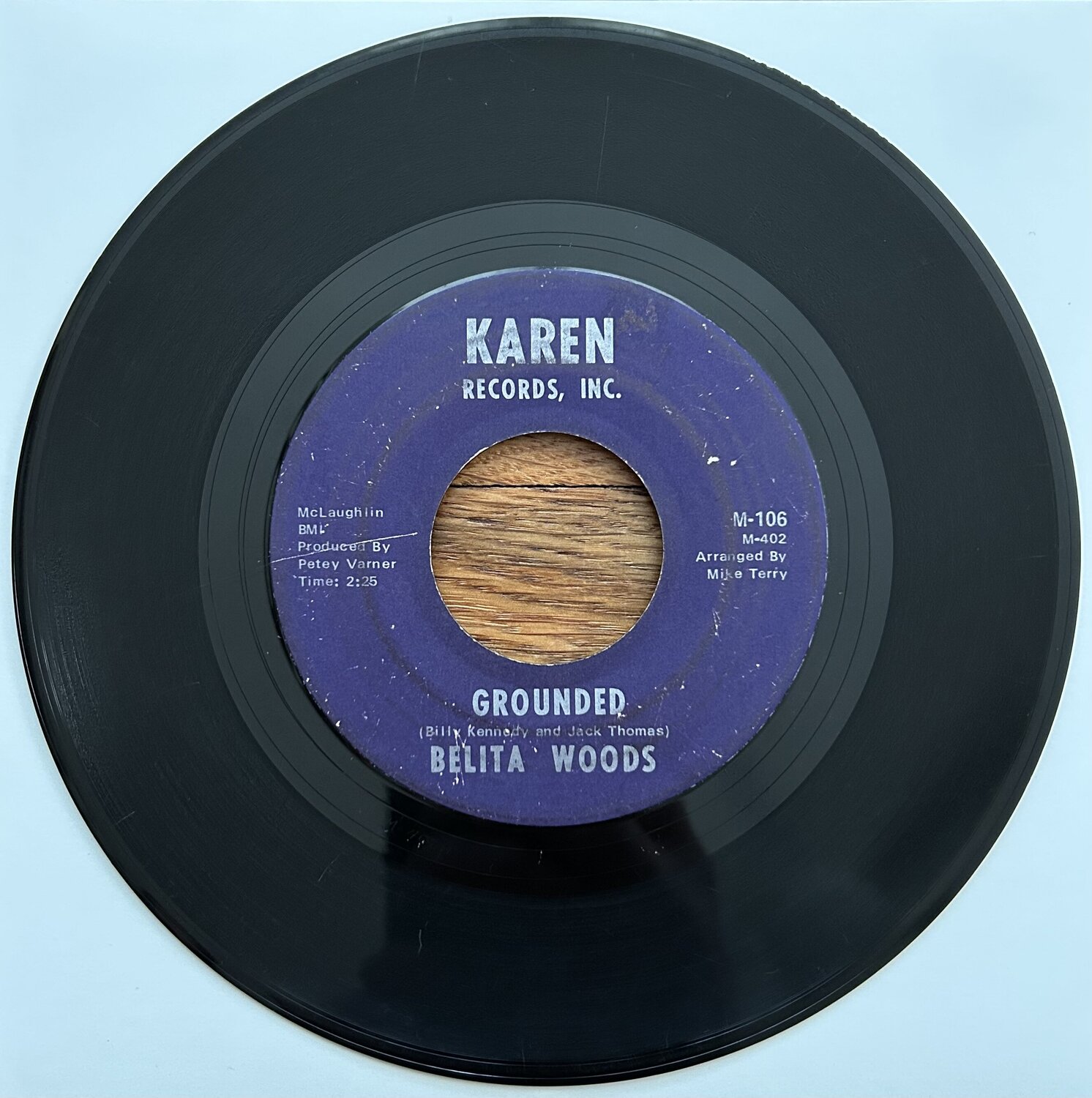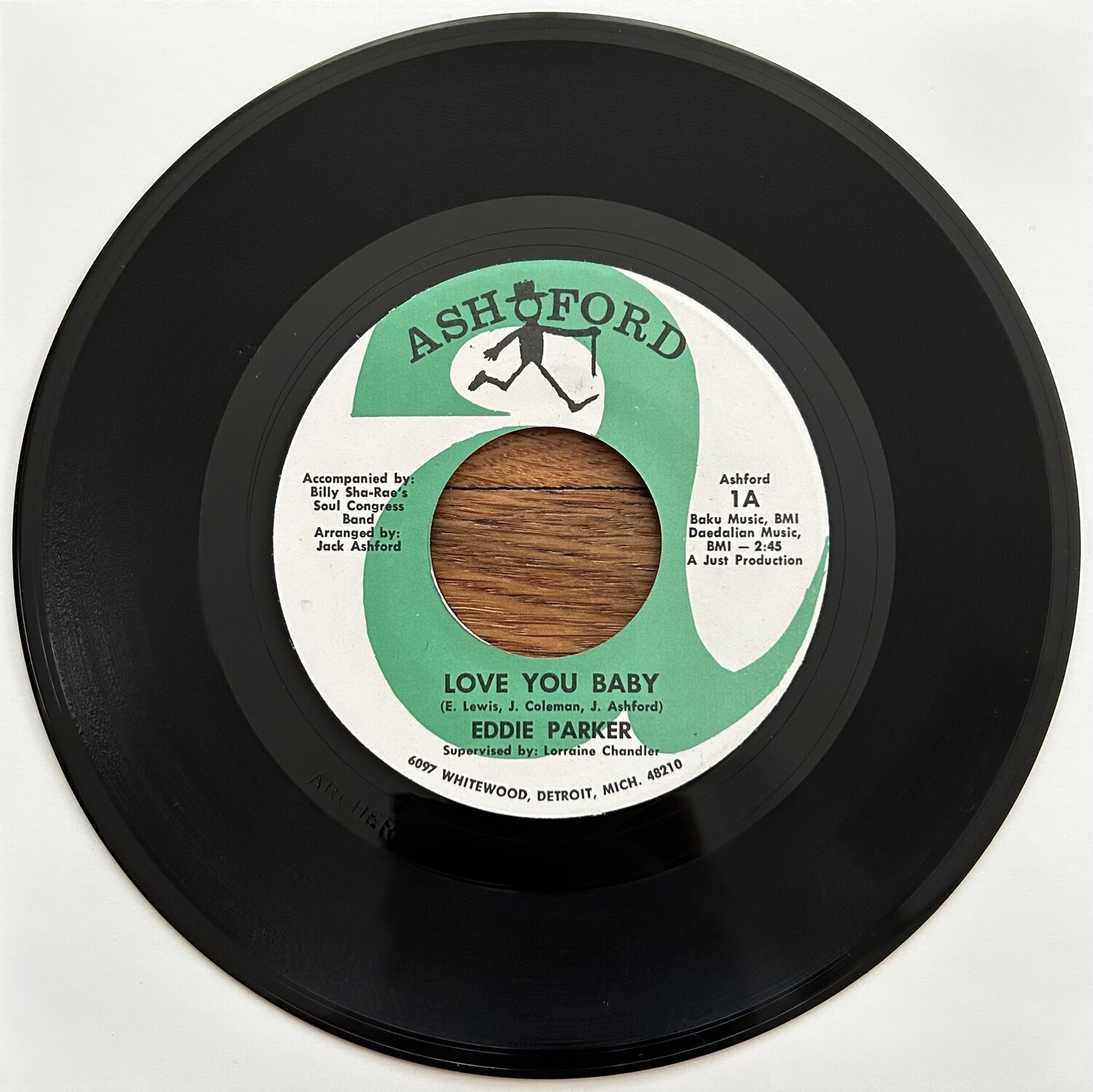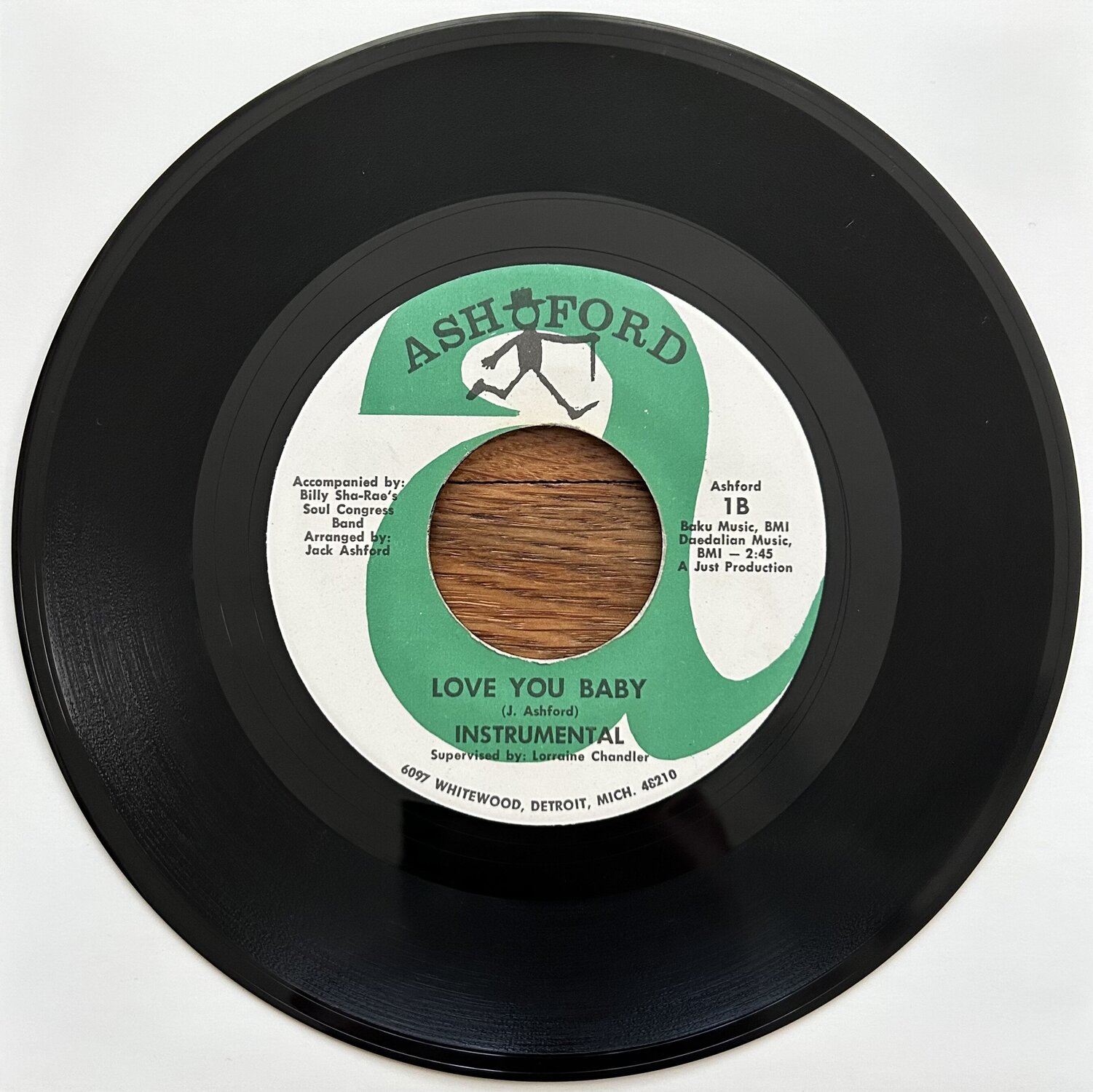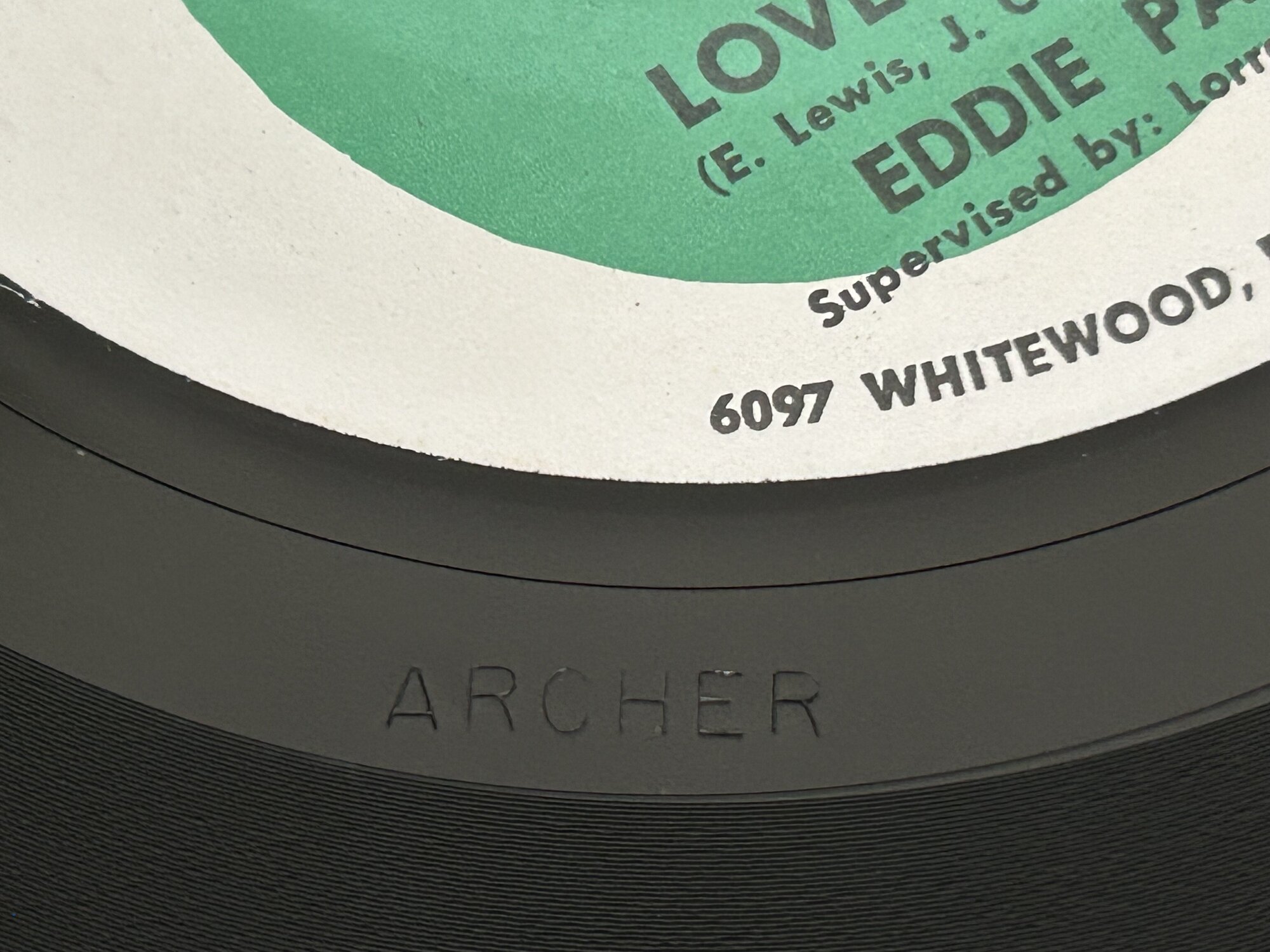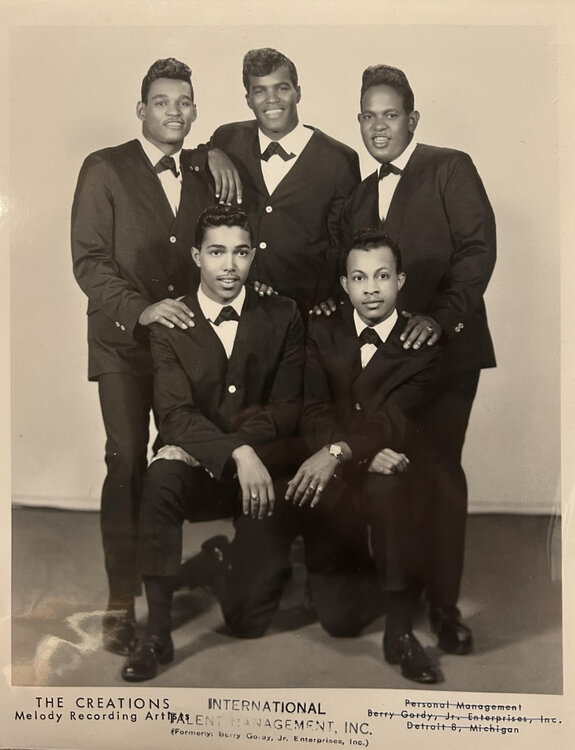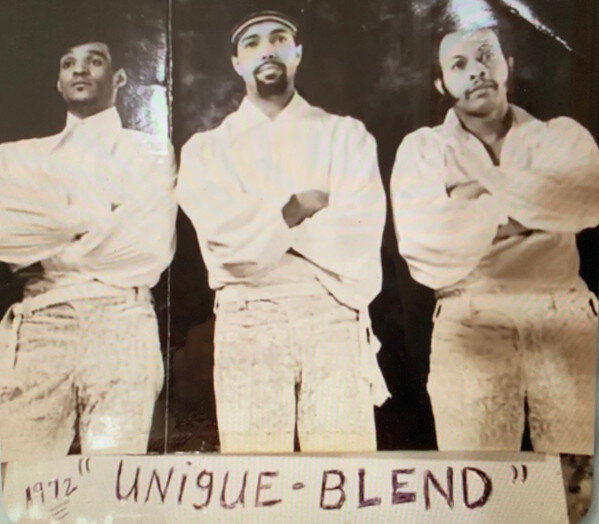-
Grittiest Motown Girl Group Song
I think The Marvelettes earliest singles were the grittiest/least-polished girl group records that Motown released. Gladys Horton's voice is real raw on "Please Mr. Postman". For female vocalists, I think it's between Mary Wells' "Bye Bye Baby" and pretty much everything Gladys Knight did.
-
Johnnie Mae Matthews “ Cut Me Loose”/“ You’ll Be Lonely”
“Cut Me Loose” was never released on Jam. Art / Atco = Local / National
- Belita Woods on Karen and Eddie Parker on Ashford
- Belita Woods on Karen and Eddie Parker on Ashford
-
Belita Woods on Karen and Eddie Parker on Ashford
Two rare ones up for Offers. I'll accept offers through next Sunday, August 3, 2025. Belita Woods - Magic Corner / Grounded (Karen) G+ OFFERS OVER $400 - The rarest way to own Belita's first 45, and it's the only copy I've ever seen. Condition isn't great, but both sides play through with forgivable background noise. Eddie Parker - Love You Baby (Ashford) VG++ OFFERS OVER $400 - Original pressing with the large, straight, and raised ARCHER stamp in the runout (see picture) in very nice condition.
-
Collection selling
If age and health are reasons someone is contemplating selling their collection, but they ultimately decide not to sell, I would recommend at least making a written plan for what happens to the records after you're gone. I've seen several large collections left behind with no plan, where the family either gets hounded by record sharks or gets overwhelmed with a new full-time job of figuring out what the records are and their value.
-
Valtone and The Fabulous Apollos...info please
Here's a closer picture of the Fabulous Apollos from that poster above: I've always understood Boss to be owned by Frank Brown, but Dennis Edwards as a member of the Celebrities is news to me. I don't hear him on any of the records. Frank Brown was also an event promoter in and around Detroit. Leonard King recently posted some great posters on Facebook from concerts Frank put on in the 60s. This was Betty LaVette's comment: "Frank Brown was promoter extradinare. He rarely produced a flop show. And the main thing about him was..when you arrived for your show he introduced himself and paid you THEN…Not after the show..or if it was a succeses, if you showed up ..you got paid. Jim Lewis adored him and they were great friends…when Frank had a gig brewing. If not no one saw him or hung with him and he never came to see ANYBODY. He was about my height dark brown skin, pearly white teeth and a big smile..when spoken to. I worked with him many times and that is all I know, that anybody knows, about Frank Brown."
-
Motown Colored Vinyl Promos
Looking for the following colored vinyl promos in EX or better with clean labels: Gordy 7081 - Temptations - Cloud Nine Gordy 7083 - Edwin Starr - 25 Miles Gordy 7108 - The Undisputed Truth - Smiling Faces Sometimes Motown 1110 - Four Tops - I'll Turn To Stone Motown 1126 - Diana Ross & The Supremes - Some Things You Never Get Used To Motown 1135 - Diana Ross & The Supremes - Love Child Motown 1165 - Diana Ross - Reach Out And Touch Somebody's Hand Motown 1172 - The Supremes - Stoned Love Motown 1177 - The Jackson 5 - Mama's Pearl Motown 1195 - The Supremes - Floy Joy Soul 35061 - The Originals - Green Grow The Lilacs Soul 35073 - Jr. Walker & The All Stars - Do You See My Love For You Growing Soul 35076 - David & Jimmy Ruffin - Stand By Me
-
John Manship Auction results 16th April 2025.
I was the second-highest bidder on the Lee & The Leopards 45 if there's anyone out there tempted to sell their copy.
-
Ron Murphy interview
Nice to hear Ron's voice. Thanks for posting this.
-
JM Sale
I had an issue with my order upon receipt, which I contacted them about. John contacted me directly within hours to offer a solution. I was expecting to wait days or weeks to hear back since I'm aware they're still inundated with orders, phone calls, and emails, so this was a pleasant surprise.
-
JM Sale
Is calling the only way to get your order processed now? I've got two orders made through the website from the 27th and 29th of December that are still in a 'processing' status.
-
Terry Warren on Ric-Tic
Looking for a clean copy of: Terry Warren - I Don't Know / It's Written All Over Your Face (Ric-Tic 106)
-
The Creations on Mel-O-Dy and Unique Blend
Years ago Bob Abrahamian told me that The Creations from Toledo, who recorded one single for Motown's Mel-o-dy label, evolved into Eastbound's Unique Blend, but the information that I can find about members of either group is contradictory. I'm hoping that someone can help me with the lineups of both groups. The lineup that I have for The Creations is Tom Lipkins, Charles Holman, Robert Williams, Juan Wingard, and Michael Farland. The lineup for Unique Blend on Discogs that appears to be taken from an Ace CD is Howard Kinnibrew, Milton Overton, and Lorenzo Smith. Some other sources include Charles Holman in the lineup, and he does have writing credits on 3/4 of their released recordings. The link between the two groups appears to be Charles Holman. I have a photo of the Creations, and comparing it to the photo I can find online of Unique Blend, I'm positive that the two members in the Creations picture (bottom row, left-to-right) are the same people in the Unique Blend picture (center and right) - I also see similarities with the Creations member on the top left and the Unique Blend member on the left, but I'm not 100% that it's the same person. Anyway, is there anyone out there that has actually talked to either group and confirm the lineups? The Creations: Unique Blend:
-
Gail Nevels on Star Track
My old copy on Star Track had the labels on the correct side.
View in the app
A better way to browse. Learn more.

